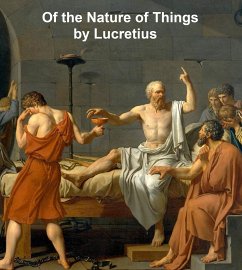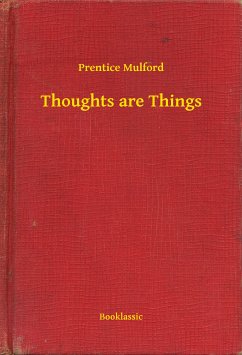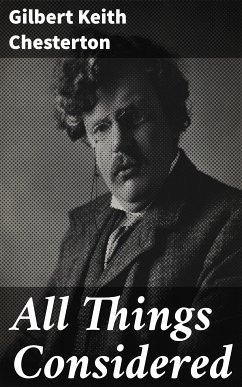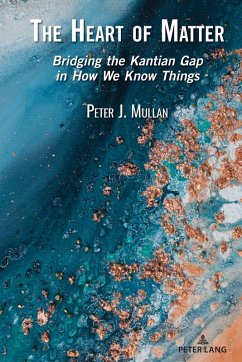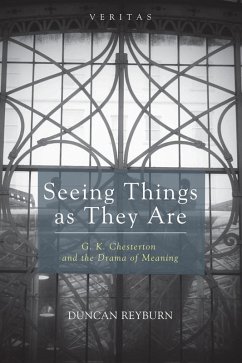
The Signature of All Things (eBook, ePUB)

PAYBACK Punkte
0 °P sammeln!
In "The Signature of All Things," Jakob Böhme crafts a profound metaphysical treatise that explores the interconnectedness of nature, the divine, and human existence. Böhme employs a mystical style, weaving intricate symbolism and allegory into an accessible narrative that engages with contemporary philosophical and theological debates. Rooted in the early 17th century, the text reflects the burgeoning interest in science and mysticism, blending insights from alchemical traditions and Christian theology to articulate a worldview that underscores the presence of a divine signature within all ...
In "The Signature of All Things," Jakob Böhme crafts a profound metaphysical treatise that explores the interconnectedness of nature, the divine, and human existence. Böhme employs a mystical style, weaving intricate symbolism and allegory into an accessible narrative that engages with contemporary philosophical and theological debates. Rooted in the early 17th century, the text reflects the burgeoning interest in science and mysticism, blending insights from alchemical traditions and Christian theology to articulate a worldview that underscores the presence of a divine signature within all creation. Jakob Böhme, a prominent mystic and philosopher, was deeply influenced by the tumultuous socio-political landscape of his time, as well as his own encounters with the divine. His experiences as a shoemaker in Görlitz allowed him to engage with the natural world intimately, which clearly shaped his thoughts on the relationship between humanity, nature, and the divine. Böhme's unique perspective emerged from a range of influences, including Neoplatonism and Lutheran thought, positioning him as a key figure in both mysticism and the development of modern philosophy. This seminal work is highly recommended for those seeking to delve into the spiritual dimensions of nature and existence. Readers interested in philosophy, theology, and mysticism will find Böhme's exploration enriching, as it offers profound insights that resonate with contemporary questions about the unity of life and the nature of the divine.
Dieser Download kann aus rechtlichen Gründen nur mit Rechnungsadresse in A, B, BG, CY, CZ, D, DK, EW, E, FIN, F, GR, H, IRL, I, LT, L, LR, M, NL, PL, P, R, S, SLO, SK ausgeliefert werden.





